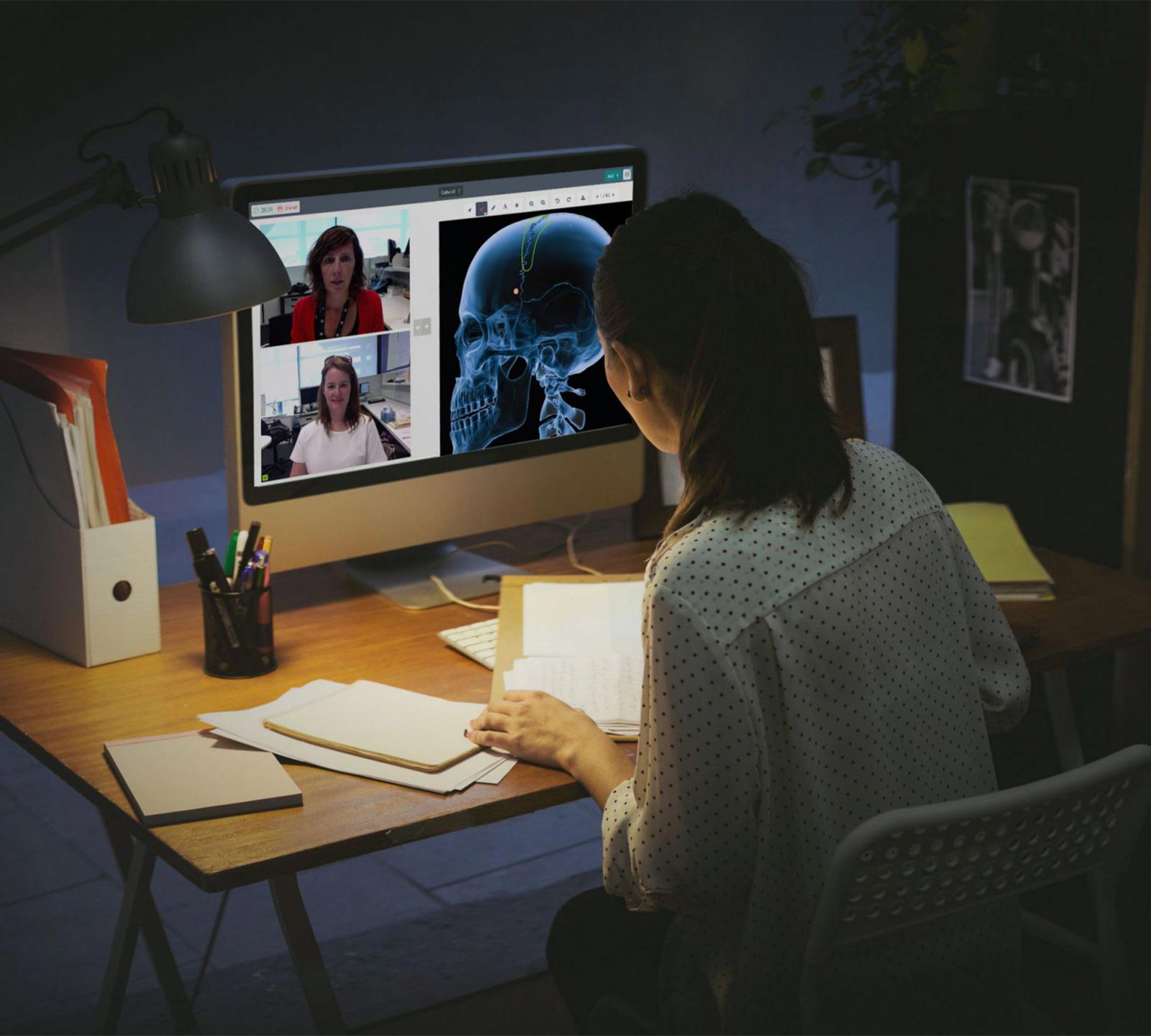Associate Professor Niranjan Bidargaddi of Flinders University epitomises a new breed of digital health researcher.
Combining strong academic credentials with a deep understanding of Australia’s health system, and – as co-founder of local health analytics company GoAct – he also possess a sound entrepreneurial proficiency.
Niranjan is a computer science engineer who holds a PhD in Bioinformatics and is currently Associate Professor of Digital Health in College of Medicine and Public Health at Flinders University.
His research focuses on developing accessible health systems that use digital applications to put consumers at their centre, and which can detect and respond to problems early.
This year, Niranjan has been named lead researcher in a new $1.2 million DHCRC project with South Australia’s Department of Health, GoAct Ltd and Flinders University to build continuous and real-time mental health assessment, monitoring and support capabilities for clinicians and consumers, titled Changing health trajectories through prevention and personalised models.
The new project builds on an earlier successful DHCRC project which ran during 2019, titled Integrating AISquared & MINDtick: a personalised digital community health care model.
This project developed the enabling infrastructure to combine primary and hospital health care interaction information (sourced through the Flinders AISquared platform) with experiential and outcome measurements (sourced through GoAct’s MINDtick smartphone application).
Niranjan says he has long seen mental health as a sector that could benefit greatly from digital interventions to improve the way we treat mental illnesses outside hospital.
More than 600,000 Australians currently live with a chronic mental health disorder, and the nation spent $10.6 billion on mental health during 2018/19, including over 270,000 instances of mental health-related hospitalisations.
Early intervention can often prevent people with a mental health disorder needing hospitalisation, but Niranjan believes that our current monitoring and management methods for mental illness are inadequate.
He says he’s delighted that this new DHCRC project will develop tools that can assist in closing the gap between a mental illness diagnosis and clinical practice.
Uncovering the power of digital health
Following his Bachelor of Engineering (Computer Science) degree, Niranjan completed a PhD in bioinformatics, investigating computational models that could predict instructions from gene sequences.
Niranjan was then appointed a postdoctoral fellow with CSIRO’s Australian eHealth Research Centre to develop progress indicators based on data from cardiac patient recovery.
He helped develop mobile physiological and behavioural monitoring tools to assist rehabilitation managers monitor their patients’ progress and help them recover more effectively.
“Digital health research brought me to meaningful work where I am directly involved in solving real problems for end-users,” he says.
Niranjan then joined South Australia’s Local Health Network which oversaw hospital and community services covering all of rural SA as an informatics advisor and later manager of the Mental Health Informatics unit.
“My early research reflected my engineering background, and I saw opportunities to digitise everywhere,” he says.
“But working across metropolitan and regional and rural health settings, I realised there were also constraints everywhere. This helped me understand how to find pragmatic solutions that were feasible within those complex settings,” he says.
Niranjan co-founded GoAct in 2013 to develop health data analysis and technology solutions with professionals across psychiatry, psychology, informatics, software and biomedical engineering.
Niranjan says information science and technology can revolutionise mental health by improving our understanding of how people feel, think and behave over time.
Mental health diagnoses and treatment relies on a paradigm of observation and asking people how they are going – but mental illness can affect a person’s cognition and their memory, reducing accurate recall of how their mood and behaviour changed over time.
Technology like a daily short smartphone-based questionnaire can introduce real-time experiential sampling, which is more likely to be accurate.
“Observation and self-reporting are key to diagnosing if someone is depressed or schizophrenic or anxious, and whether their treatment is effective,” Niranjan says.
He says that just as digital technologies have improved our ability to monitor physical changes in our bodies to diagnose and support treatment of physical illness, these tools can also assist in diagnosis, monitoring and treatment decision support in mental health.
Developing digital dashboards to enhance early intervention for mental illness
Niranjan says that the ‘digital dashboards’ to be developed under the new DHCRC research project will support mental health clinicians and patients with real-time information, advice and personalised self-help.
“We are working with two sources – MyHealthRecord data, via the AISquared platform, and health experiences and behavioural data, via the Mindtick app,” he says.
These sources combine all the digitally mediated health interactions between health consumers and providers from different parts of the health system (both in the online and real-world environment) with the consumers’ own experiences, he says.
“In this project we are enhancing platforms to collect and process information from multiple sources and then automatically determine actions which could involve initiating interventions in the form of automated nudges or human interactions,” he says.
“The project will look to digitally enable health interactions which are best suited to the person’s circumstances – continuously and adapt in real-time to changing circumstances.”
Digital delivery of at least part of the mental health services that consumers access will bring it into line with other familiar services, he explains
“Young people who are digital natives prefer to interact with health services in the same way they interact with services like Amazon and Uber – quick, just in time, real-time and mediated online,” says Niranjan.
“Face-to-face health appointments, waiting times, referrals – these are all interactions that have a delayed and disconnected experience.”
The role of digital dashboards, using AISquared and MindTick
Niranjan has over 80 publications in the field of clinical and personal health informatics, health apps, e-health records and online health interventions, so it’s unsurprising that he is linked to two of the key technologies which will be used in the new DHCRC project.
Both MINDtick and AISquared are currently being used independently in community mental health clinics in several locations in South Australia.
AI Squared (Actionable Intime Insights – AI²) was developed by Flinders’ People-centric Health Informatics Lab.
Users can give permission for the AI Squared platform to extract personal data like medicare records and prescription information from their myHealthRecord account. The platform uses a set of carefully-tested and evaluated machine learning algorithms to constantly monitor the data against key mental health parameters and can alert clinicians if there are any signals that could indicate a relapse.
“Most clinicians do not have the resources to manually keep track of every patient, which can lead to a relapse and hospitalisation. AISquared offers an effective digital alternative to monitor patients, delivering data in real time,” Niranjan says.
MINDtick is an app which lets users share smartphone data about their location, their mood and the way they spend their time. Users record, track, learn about and reflect on their mood, responding to a regular short questionnaire about their mental health.
The program can identify mood changes, along with subtle changes in a person’s activity, data, messaging or call usage patterns, which may be early warning signals and trigger extra support for people with chronic mental illness, before their condition escalates into crisis.
Patients can volunteer to use the app and can choose to allow their information to feed back to their clinician to help personalise their care.
Niranjan says that MindTick helps to close the gap between diagnosis and clinical practice.
“A clinical psychologist or psychiatrist can see data about what is happening with their patient and get a better picture of that person than solely relying on the patient to remember all the details about the changes they may have experienced.”
MindTick could potentially expand to connect with family members, carers or significant others, so that a person’s close network can be part of building a model of their health status – and this could also offer contextual support and information for carers.
“Integrating this information will give us the capacity to create tools to enable new models of care in the community,” he says.
“These models will be underpinned by algorithms and using existing data sources, augmented with consumer-generated and perhaps family member-generated data sources, may allow health professionals to respond to those signals in ways that fit their workflow and business models.”

